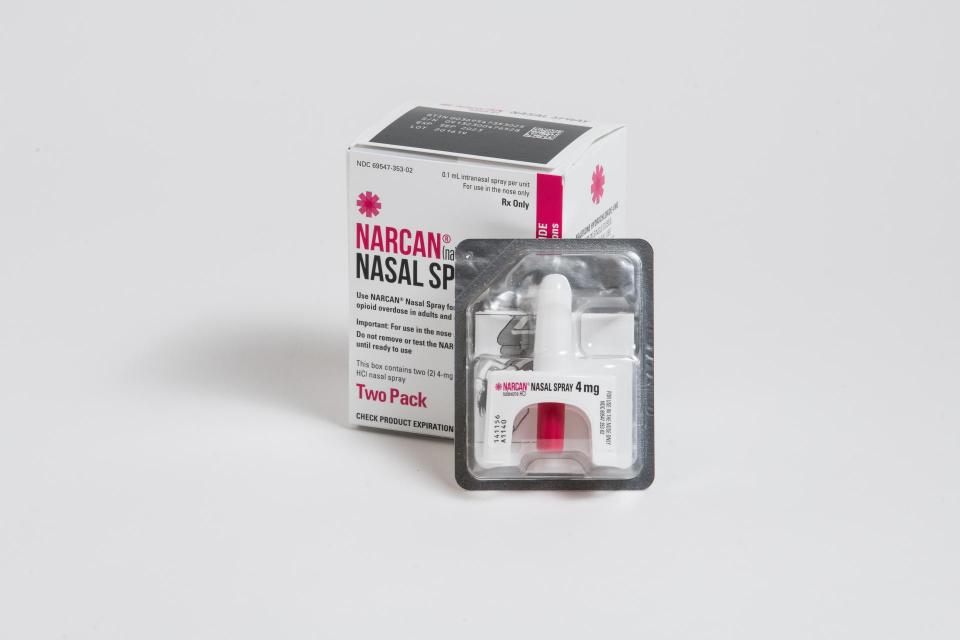Health & Wellness Newsletter – Supporting the Whole Child
June 25, 2024
June is the start of Summer, but it is also a month full of celebration and remembrance. This month, we honor LGBTQ+ Pride Month and Juneteenth—two important observances pivotal to recognizing the intersectionality of identity and diverse lived experiences of our communities children, youth, and families. The diversity of our youth highlights that caring for them isn’t a one-size-fits-all approach. Instead, it is culturally and linguistically diverse and accessible supports that nurture the whole child.
In honor of cultivating spaces that aim to support the whole child, we have added an Accessibility section to our Health & Wellness newsletter. With this addition, we hope to intentionally share resources with a broader audience on not only how to make spaces more equitable and accessible to children, youth, and families with disabilities but also how to foster these spaces for all those who have been historically oppressed.
We also want to recognize July is right around the corner and celebrate BIPOC Mental Health Awareness Month. A sense of belonging and inclusion in communities is vital for well-being and mental health. According to the Trevor Project’s 2021 National Survey on LGBTQ Youth Mental Health, 40% of LGBTQ+ youth in the United States also identify as BIPOC. The Substance Abuse and Mental Health Services Administration (SAMHSA) has curated an extensive list of resources on how to support LGBTQ+ and ethnically and racially diverse communities.
Thank you for all your hard work to support the whole child. Let’s continue to work towards a future where everyone feels a sense of belonging!
In This Newsletter:
Safe Spaces Training
Join early care providers, school staff, and other professionals in learning how to recognize and effectively respond to signs of trauma and stress. Safe Spaces: Foundations of Trauma-Informed Practice for Educational and Care Settings provides free, trauma-informed professional learning modules for anyone who works with children and youth ages 0–18.
Peer Power: Harnessing Workforce Dollars to Scale Youth Peer Support
Resources Now Available!
The L.A. Trust for Children’s Health in collaboration with the California Children’s Trust hosted a webinar on how investing in peer support can not only bolster mental health services, but also foster economic opportunity and diversity in the healthcare workforce. During the webinar, participants heard from a panel that included Long Beach Polytechnic, UNITE-LA, and the California AfterSchool Network.
The resources and recording from the webinar are now available!
Reframing can improve the emotional well-being of Black students
Lacking awareness of how our biases affect our interactions with students can cause us to unintentionally engage in harmful behaviors and create unsafe spaces. An article on K-12 Dive explores the concept of reframing, which involves changing the way you think about an emotional situation. It is an emotional regulation strategy often taught in SEL curricula that can be a tool to challenge implicit racial biases and advance educational equity.
SIP and Sam Inclusion Coffee Talk Podcast
Supporting Inclusive Practices (SIP) has recently started a new podcast to lift the voices of the disability community to challenge the current system and inspire change makers that are empowered to take action in creating inclusive communities rooted in belonging. Explore episodes on topics including: the power of language to dispel ableism, and inclusive education advocacy.
LGBTQ+ Inclusive Sexual Health Curriculum for Youth
Access to sexual health education that is inclusive of lesbian, gay, bisexual, transgender, and queer (LGBTQ+) youth is associated with improved health outcomes and reduced impacts from stigma related to being LGBTQ+. ChildTrends has curated resources educators can use to tailor their sexual health curricula to be more inclusive of LGBTQ+ youth.
Play Day Week of Awareness
June 23 - June 29, 2024
Did you know that June 29th is Play Day also known as the National Day of Play? Join us in getting outside, getting active, and playing to celebrate the benefits of movements and youth sports for all kids!
As part of our Physical Health and Wellness Initiative and Play Day Celebration, we will be supporting the following cities: Chula Vista, Garden Grove, Riverbank and Sacramento. We can’t wait to see how you are going to celebrate Play Day!
Looking for inspiration on how you can bring Play Day to your program? Explore these resources below:
Harm Reduction Framework
SAMHSA defines harm reduction as “a practical and transformative approach that incorporates community-driven public health strategies — including prevention, risk reduction, and health promotion — to empower…the choice to live healthier, self-directed, and purpose-filled lives. ” Their Harm Reduction Framework dives into the 6 pillars of harm reduction and how you can support your community in equitable and accessible ways that are relevant to them that prioritize health and recovery.
Schools are Eligible to Receive FREE Naloxone
The Department of Health Care Services (DHCS) created the Naloxone Distribution Project (NDP) to combat opioid overdose-related deaths throughout California. The NDP aims to address the opioid crisis by reducing opioid overdose deaths through the provision of free naloxone.
Extreme Heat Resources
Heat is deadlier than any other weather hazard. Be prepared for extreme heat events and find resources to help you stay safe.
What is extreme heat? An extreme heat event is two or more days and nights of unusually high heat for your region. California is experiencing more frequent episodes of extreme heat, creating a greater danger to Californians from heat-related illness.
Check Out CAN’s Other Newsletters!
Access the CAN newsletter archives to view past newsletters today! You may be interested in some of our other newsletters as well:




















